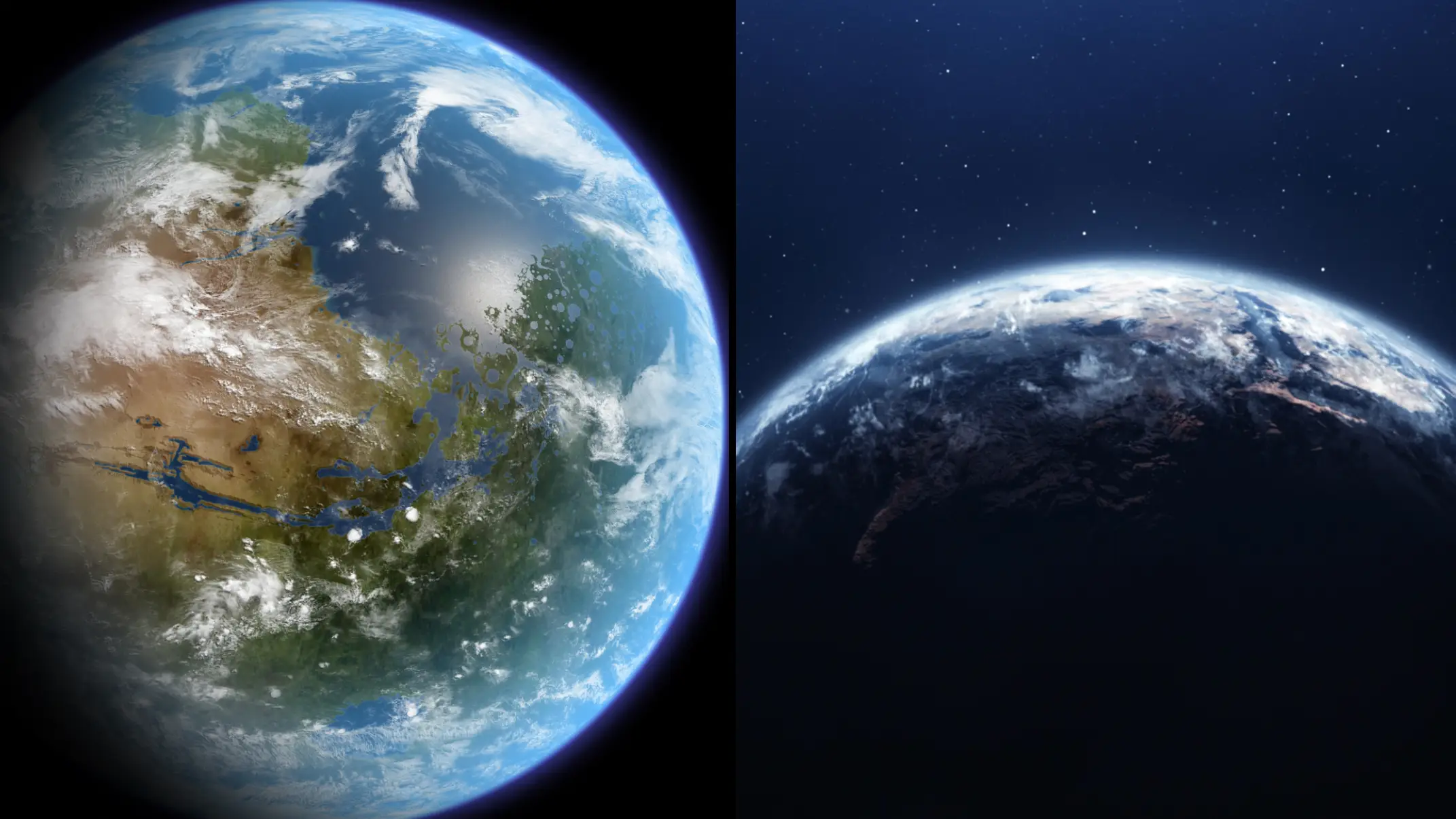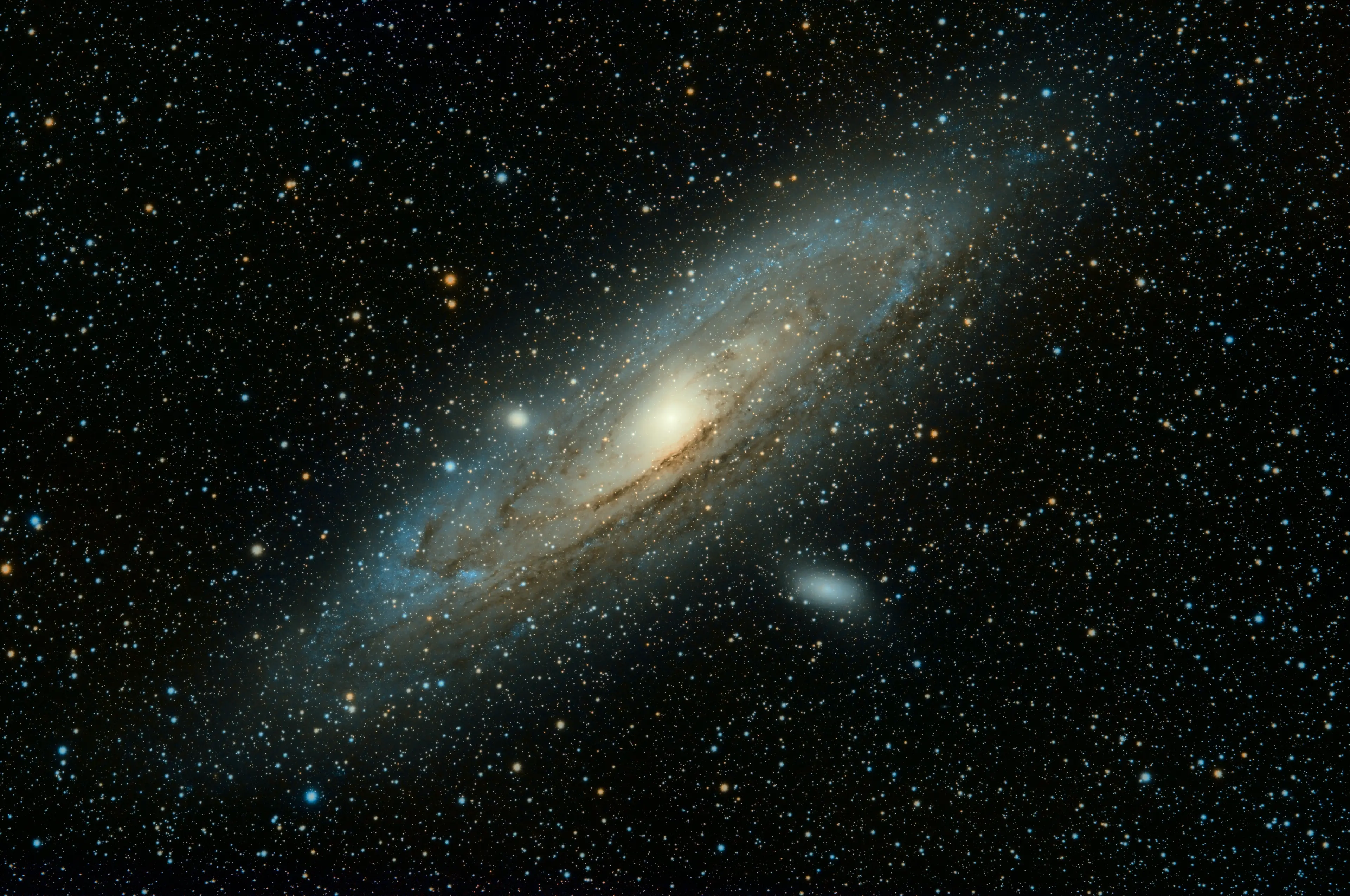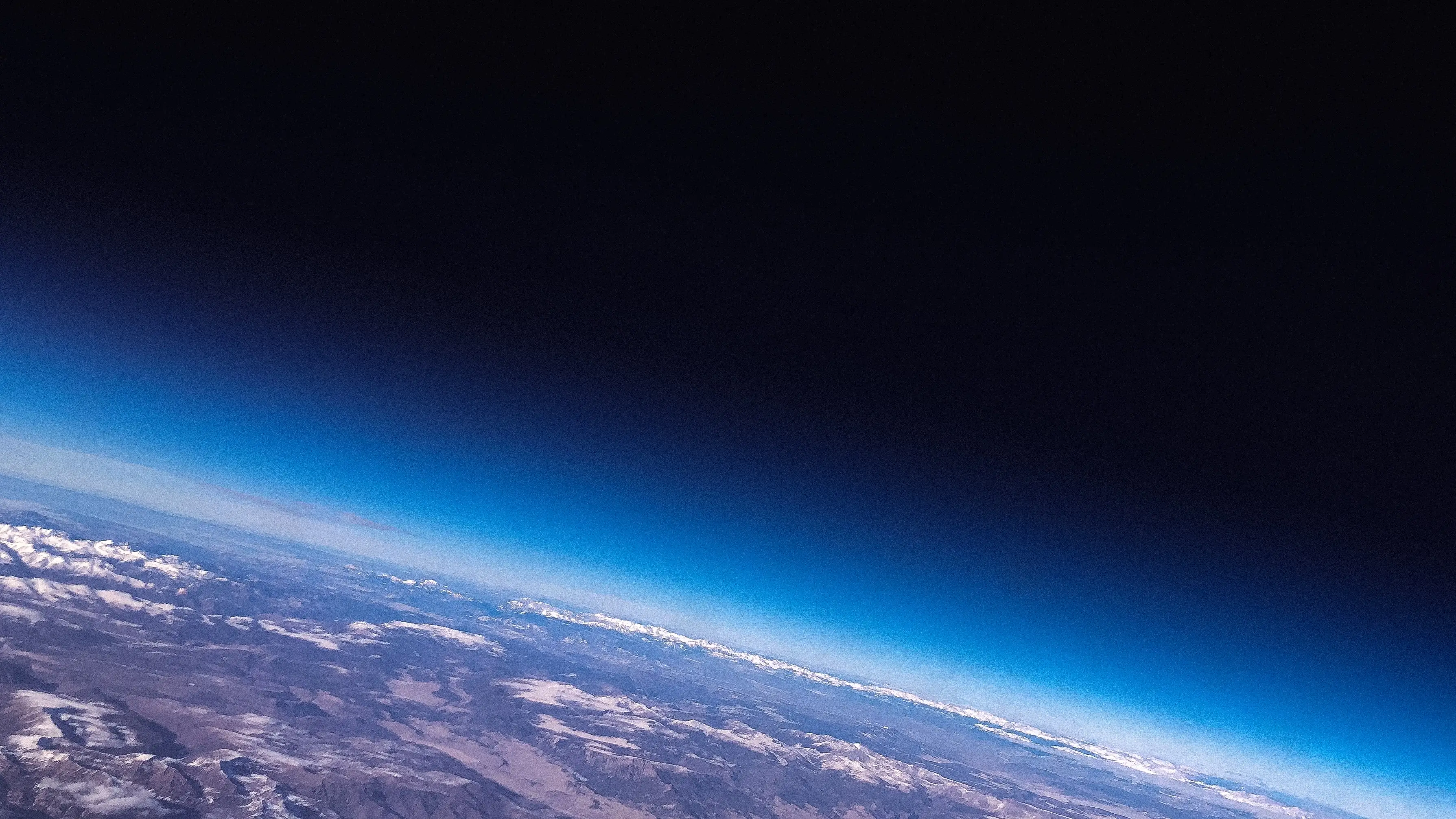
Scientists have found evidence of an Earth-like planet in our Solar System that could be circling the sun in a different orbit.
There are two types of people when it comes to space news - those who get excited and those who get terrified of the possibilities.
Well, prepare to either be over the moon (excuse the pun) or reaching for your tinfoil hats as astronomers have said that this Earth-like planet could be closer than the hypothetical 'Planet Nine', thought to exist in the outer edges of the Solar System.
Advert
Planet Nine - or Planet X as it is also known - has not yet been discovered, but NASA have said that it could have a mass about '10 times the size of Earth'.
This new discovery, however, seems to be exciting scientists.
Research by physicists, which has been published in The Astronomical Journal, found that objects in the Kuiper Belt - a disk of materials such as asteroids and rocks - behave in a way which would indicate the existence of a small planet amongst them.

Some of the objects were found to have strange orbiting habits, suggesting that they are being pulled by the gravity of a cosmic entity much larger than those that typically occur.
In their study, researchers wrote: "We predict the existence of an Earth-like planet. It is plausible that a primordial planetary body could survive in the distant Kuiper Belt as a Kuiper Belt planet (KBP), as many such bodies existed in the early solar system."
If the planet does exist, researchers have said it would have triple the mass of Earth.
They have also predicted that the planet's orbit would likely place it between 250 and 500 AU from the Sun.
They concluded: "In conclusion, the results of the KBP scenario support the existence of a yet-undiscovered planet in the far outer solar system."
Researchers have said that the discovery of a new planet in the Kuiper Belt could provide answers to what remain unanswered questions, about planet formation and evolution.

If you are, however, one of the people that panics at the sound of space news, then fear not as of right now, there is only proven lifeforms on Earth.
On their FAQ's, NASA said: "The ultimate goal of NASA's exoplanet program is to find unmistakable signs of current life on a planet beyond Earth.
"How soon that can happen depends on two unknowns: the prevalence of life in the galaxy and how lucky we get as we take those first exploratory steps."
The space giants have said that searching for life on other planets could take decades, but scientists seems to be excited by this new research.